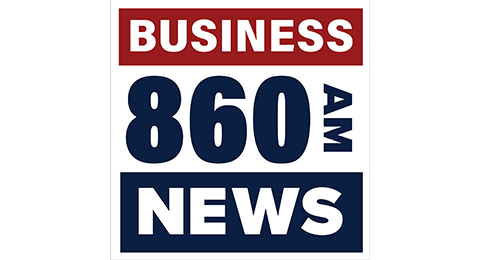WASHINGTON — Meta won its high-profile antitrust case against the Federal Trade Commission on Tuesday after being accused of holding a monopoly in social networking.
In a memorandum opinion, Judge James Boasberg of the U.S. District Court in Washington said that the FTC failed to show that Meta held a monopoly in the social networking market.
A loss in the case would have forced Meta, the parent company of Facebook, to break off from its Instagram and WhatsApp platforms.
“With apps surging and receding, chasing one craze and moving on from others, and adding new features with each passing year, the FTC has understandably struggled to fix the boundaries of Meta’s product market,” Boasberg wrote. “Whether or not Meta enjoyed monopoly power in the past, though, the agency must show that it continues to hold such power now. The Court’s verdict today determines that the FTC has not done so.”
The judge’s decision follows two separate rulings that stated Google was an illegal monopoly in search and online advertising, The Associated Press reported.
The ruling came after a seven-week trial that began in April and featured testimony from Meta founder Mark Zuckerberg and former CEO Cheryl Sandberg, who left the company in 2022.
During the trial, the FTC alleged that Meta -- then known as Facebook Inc. -- bought Instagram and WhatsApp in 2012 and 2014, respectively, instead of competing with them.
The commission added that Meta was attempting to reinforce its hold on the social networking market that focuses on connections between family members and friends.
©2025 Cox Media Group







